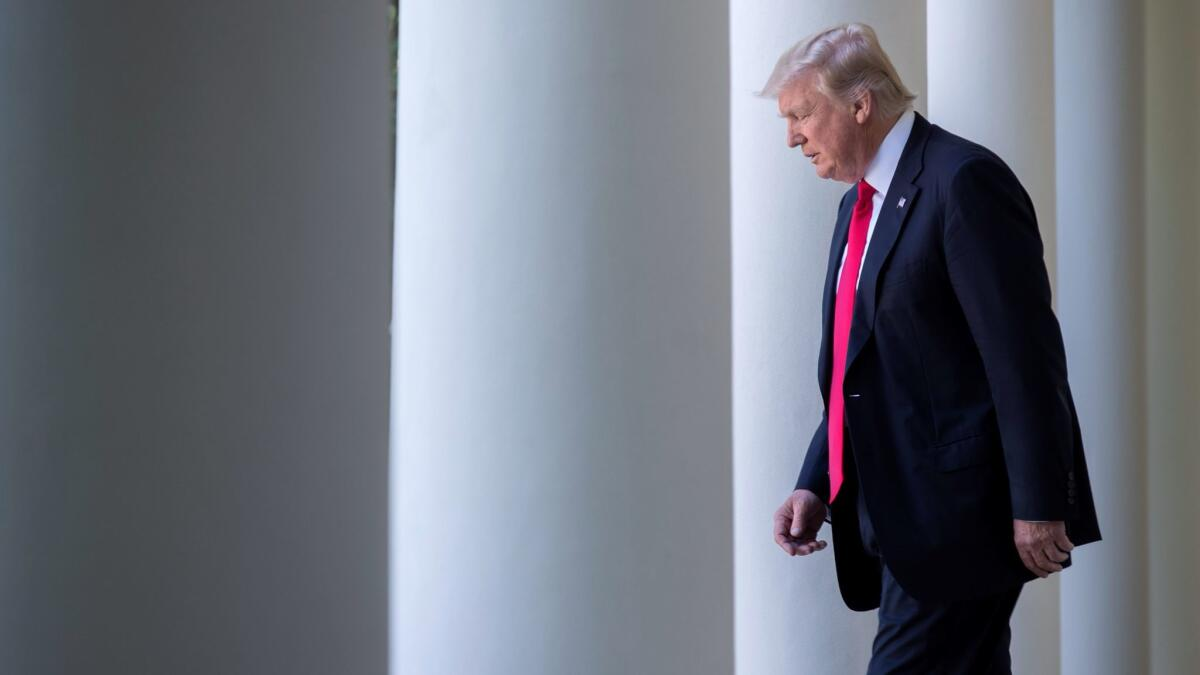The Monuments We Need
Op-Ed in the Citizen Times, August 2017
People have a strong reaction to seeing statues destroyed, probably for the same reason we have a strong visceral reaction to art in general. And of course that’s why the Confederate monuments were put on their pedestals in the first place—they were intended to have a powerful effect, culturally and politically. The intended effect, in the majority of cases, was to push back against demands for African American equality. Why else were most of the monuments erected during the establishment of Jim Crow? With another wave following later during the Civil Rights Movement?
But many people don’t actually know that’s why they were put up, or didn’t know until recently. I grew up in the South and never knew that. I never thought about it.
I think some people, particularly here in the South, have a sense that these memorials honor the idea that there was humanity on both sides of the war. I know, “many sides, many sides…” That’s not what I mean. [The reference was to Trump's seeming support for Neo-Nazis in Charlottesville.] There was certainly no moral equivalence between the causes. But there was humanity, even on the bad side. If you are a descendant of Confederates like I am, I think in some sense you have to believe that.
Why did my ancestors fight for the South? I don’t know for sure. I suspect they fought mostly because they didn’t want to be counted as cowards or shirkers of duty, or enemies of their friends and neighbors. They lived amid white supremacy ideology, and I have no reason to think they didn’t embrace it.
Many white southerners like to presume that because their ancestors were too poor to own slaves they must have been duped into the war, or must have fought for other things like “states’ rights” or regional pride. Causes of war are never simple. There was actually a plan pitched by some Confederates to free the slaves if they would fight in the Confederate Army. “What did we go to war for?!” the critics of the plan cried. Perhaps even at the time the reasons weren’t crystal clear. But the fact remains that white supremacy was the official, loudly declared cause, front and center in the widespread propaganda efforts. On the whole, non-slave owning whites in the South were just as supportive of the prevailing caste system.
And don’t we all know on some level that if we were born white and male the antebellum South, we probably would have fought for the bad cause? And if we were raised in the North we probably would have supported the good cause.
No cruelties are excused by this. If anything the banality of evil makes it less forgivable. But that is the human condition. We are mostly weak and foolish, and we usually just go along with the group. Often we do the right thing for contemptible reasons, and sometimes evil actions issue from sentiments and motives that are not without nobility. And yet even the weakest and most foolish among us are capable of love and suffering and loyalty, and perhaps even moments of moral courage. That’s what tragedy is all about, in the literary sense. It’s about the fugitive sweetness at the heart of the futile, disastrous, absurd lives that we mortals lead. Maybe some southerners imagine that is what the monuments are about. Our common, tragic humanity. A war between brothers.
But as Mayor Landrieu of New Orleans said, that’s going to be hard to explain if you’re the parent of the young black child who walks by Jefferson Davis’s statue and asks, “who’s that man and what great thing did he do?” I’m not sure any amount of “context” provided is going to help. And the fact is, the monuments were not intended to convey a message of universal brotherhood. Quite the opposite. They were part of an effort to oppress, and deny our common humanity. And they came along well after the Civil War. General Lee himself was opposed to any monuments other than the tombstones of the dead. Poetic justice that the Union obliged him by seizing his farm and making it into Arlington Cemetery.
Yes, many of our founders were slave owners, and no one is pulling down their statues, yet. I hope we don’t. I think we have an answer to our children’s questions in George Washington’s case. The greatest thing he did was give up his sword to become President, and then give up political power peacefully after 8 years. [A tradition that lasted until the presidency of Donald Trump.] Washington and Jefferson and many others of that generation fought publicly for good ideas and good ideals, which they and their country failed to live up to. Hypocrites? Yes. But the fitful progress of humanity, if there is such, probably depends on their kind of hypocrisy. The founders’ ideals were taken up later by Lincoln, Douglass, MLK and others, and the force of those words has done some good work.
We should take down the Confederate monuments. If it is done lawfully, it will be a bigger win for justice and will do more to heal old wounds. The Civil War wasn’t just a war between white brothers, and it didn’t end in the 1860s. If it ever does end, we will need monuments to our common, tragic humanity.



Comments
Post a Comment